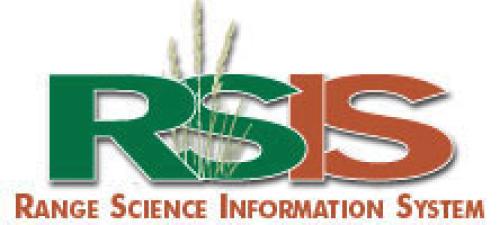Short-duration grazing studies have only recently been done on arid and semiarid rangelands. The benefits of short-duration grazing will be most evident in grazing situations characterized by potentially high levels of productivity (mesic, extended growing season, monocultures) or in situations where livestock distribution is a major problem. Pieper and Heitschmidt believe the benefits of short-duration grazing will be realized primarily as a result of the positive effects of defoliation on plant growth rates and forage quality; however, this is not a major problem on arid and semiarid rangeland. Livestock distribution is common in rangeland environments, but economic justification for initiating a short-duration system in such situations may be difficult. Overall, disregarding any economic considerations, destocking is the quickest, surest, and most viable way to reduce current deterioration trends wherever they are occurring. Authors are not advocating total and continued rest because that is unnatural in these systems that evolved with grazing pressure. They are suggesting that stocking rate is, and always will be, the major factor affecting the degradation of rangeland resources. No grazing system can counteract the negative impacts of overstocking on a long-term basis.

Citations and enhanced abstracts for journals articles and documents focused on rangeland ecology and management. RSIS is a collaboration between Montana State University, University of Idaho, and University of Wyoming.